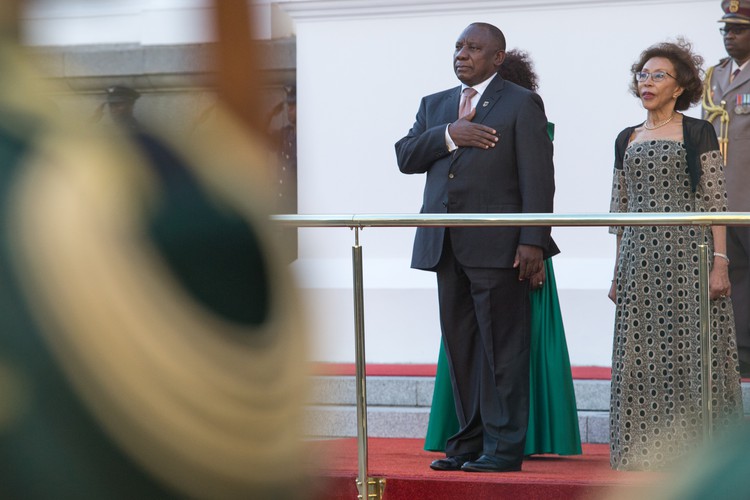GROUNDVIEW: Ramaphosa’s SONA offered much hope but it had a serious omission
State capture’s most visible effect is the breakdown of Metrorail
President Cyril Ramaphosa’s second State of the Nation Address (SONA) offered South Africa much hope. He spoke of plans to grow the economy, create new jobs and improve health-care. Particularly exciting was the mention of reading programmes for young learners, which we hope will make a difference to the quality of our education system. Of course the success of these plans depends upon their details, but at least Ramaphosa’s administration is serious about alleviating the country’s biggest problems. (There was also much excitement on Thursday, shared by the president, about Total’s gas discovery. We’re a touch sceptical, but let’s see.)
The collapse of Eskom, following years of massive corruption by the Zuma administration and the Guptas, is the biggest threat to the economy. Ramaphosa was right to devote much of his speech to what is being done to fix the electricity supplier.
But there was a glaring omission in his speech. For working people the most salient daily effect of state capture is actually not Eskom (at least while it hasn’t declared bankruptcy). Yes, from time to time there is load-shedding, and the problems it causes are severe.
But everyday the trains don’t run properly. This follows nearly a decade of grand-scale corruption. A service that used to work (sort of) is now in chaos. Cape Town has 37 train sets, instead of 84, having lost numerous carriages to arson over the past 18 months. Security has broken down on trains. After several train accidents, including one that killed four people in Pretoria, the Railway Safety Regulator is close to suspending PRASA’s safety permit. This would bring commuter trains across the country to a halt; the consequences would be dire. GroundUp has published numerous stories describing the troubles and anxieties of people simply trying to get to and from work.
Ramaphosa, in passing, mentions transport and that PRASA has a new ethical board. Honesty is important, especially after what came before. But honesty alone won’t fix the trains. An emergency plan and an injection of cash is urgently needed. (See interview with PRASA’s chair Khanyisile Kweyama.)
The difference between Ramaphosa and his predecessor is immeasurable. The SONA was good. But it would have been excellent had the president paid more attention to the trains.
Support independent journalism
Donate using Payfast

Next: Law change will make it illegal to charge for adoption services
Previous: Sport coach an unsung hero in Delft
Letters
Dear Editor
Thank you for your continued reportage from the ground and how government and events affect people. I appreciated your report on SONA highlighting the collapse of safe and efficient rail transport. Indeed, safe transport and transport systems which work efficiently are an important element of any society and it is sad to see how this has deteriorated over the past decade or more.
But I would suggest that this is merely one of the very long list of failings of the government: Eskom is on the brink of collapse and the Department of Water and Sanitation is at the brink similarly, no different to the train service. Society depends on each and every one of these services without which we would descend into anarchy. Which appears an often not so distant threat.
Although we have seemingly more urgent issues in SA to resolve, like continuing racism and intolerance, in addition to the extreme depth of the corruption which appears to permeate society to the detriment of every citizen, climate change is possibly the greatest disaster we currently are facing, and appear utterly unable to take the necessary action on.
SA is most abundantly blessed with the renewable resources which are increasingly shown to be also immediately economically competitive with the old, dangerous, unhealthy and polluting sources on which we have depended. We cannot afford to bring any more fossil resources into the mix. We should be more than a "touch sceptical" about the new gas find. We cannot afford it. If we are serious about rebuilding the economy and the country, we have to do so without causing more harm.
© 2019 GroundUp.
This article is licensed under a Creative Commons Attribution-NoDerivatives 4.0 International License.
You may republish this article, so long as you credit the authors and GroundUp, and do not change the text. Please include a link back to the original article.

